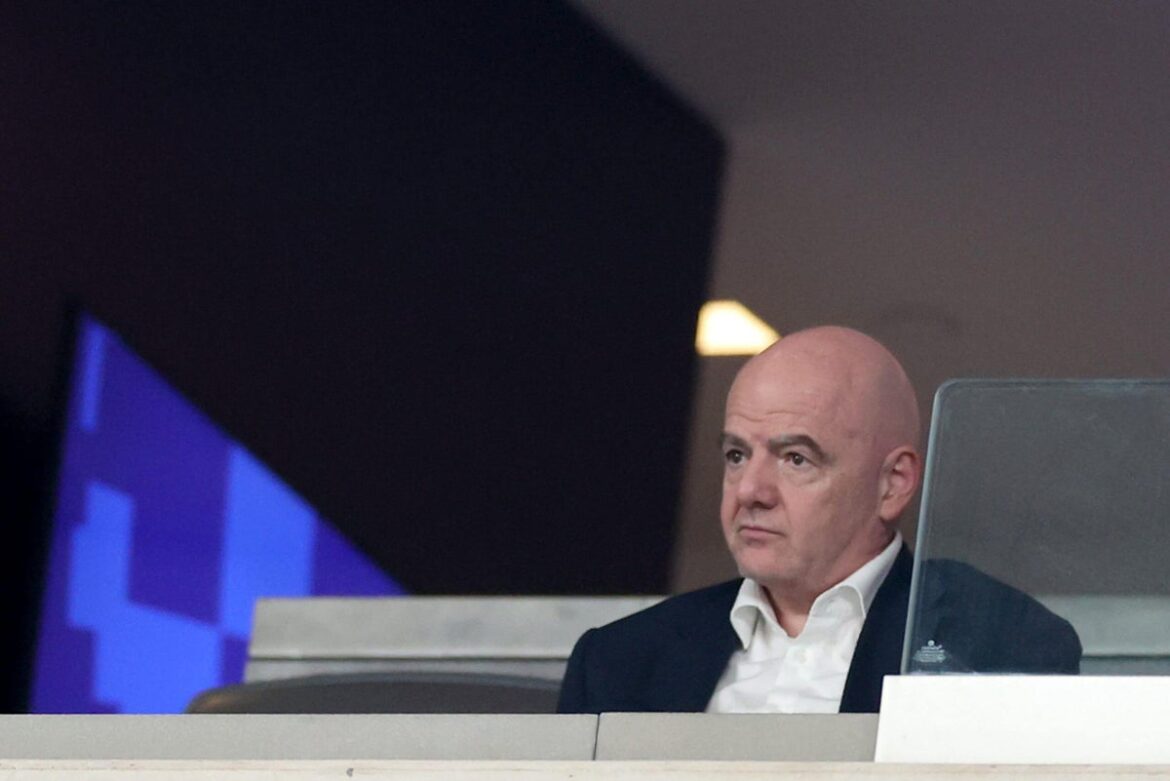Tensions Rise: FIFPro and FIFA’s Discontent Over Football’s Calendar Conundrum
An Escalating Rift
The ongoing discord between FIFA and the global players’ union, FIFPro, has led to a significant breakdown in their collaborative efforts regarding the increasingly crowded football calendar. Recently, FIFPro partnered with leading domestic leagues across Europe to submit an official complaint against FIFA to the European Commission. Earlier this year, FIFPro’s European division began legal proceedings in Belgium due to FIFA’s alleged failure to engage player representatives concerning the international match schedule.
Unanswered Allegations and New Developments
While FIFA has yet to address the complaints lodged with the European Commission, it has vehemently denounced accusations that it has neglected input from “the football community” on matters like launching a new 32-team men’s Club World Cup. Scheduled for its inaugural tournament next summer in the United States, FIFA has not disclosed any broadcasting or sponsorship arrangements for this month-long event. In response to these developments last week, La Liga president Javier Tebas urged that this initiative be abandoned altogether.
However, any suggestion of retracting from this plan seems unlikely. In fact, FIFA President Gianni Infantino confirmed over the weekend that Inter Miami—led by renowned player Lionel Messi—will secure its place as host nation based on having achieved the best regular-season record in MLS. They are set to play in opening match scheduled for June 15 at Miami’s Hard Rock Stadium.
Legal Challenges and Future Complications
Although there is little chance that FIFPro can prevent the upcoming Club World Cup planned for 2025 from proceeding as planned, their conflict with FIFA is complicating various cooperative ventures between both parties. Back in 2020, they struck a deal aimed at establishing a fund designated for football players adversely affected by club bankruptcies or contractual failures—the “FIFA Fund for Football Players.” This fund was endowed with $16 million (£12.34 million; €14.8 million) over four years; however, only partial payouts have been disbursed thus far—impacting more than 1,000 players.
Currently awaiting relief are approximately 420 players who have yet to receive their final payment of $5 million (£3.86 million; €4.63 million). While individual compensation amounts can reach up to $20k—with an average payout of about $9k—the sums are crucially important for these athletes who predominantly come from second- and third-tier leagues across nations such as Greece, Portugal, and Romania.
The End of Collaboration: A Separate Path Forward
In addition to financial grievances stemming from their tumultuous relationship is another illustrative fallout: The conclusion of a longstanding joint effort on selecting the FIFA FIFPro World XI awards—a recognition scheme created by what was once considered mutual cooperation between both organizations since its inception back in 2005 (official involvement from FIFA commenced in 2009). Following five years of awarding women’s selections initiated after 2015—and announcing winners during The Best FIFA Football Awards—FIFPro will now assume sole control over these accolades given they no longer have communication lines open with FIFA.
This transition is evident on FIFPro’s website where they recently updated references detailing annual awards now classified explicitly as “FIFPro Men’s” and “Women’s World XI.” As tensions mount within football governance structures globally amid all these transitions without additional commentary provided by either organization following inquiries focused on financial resolutions or award systems changes—it remains unclear how future relations will evolve moving forward under such challenges faced today.b

